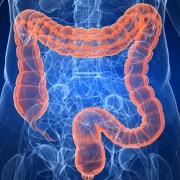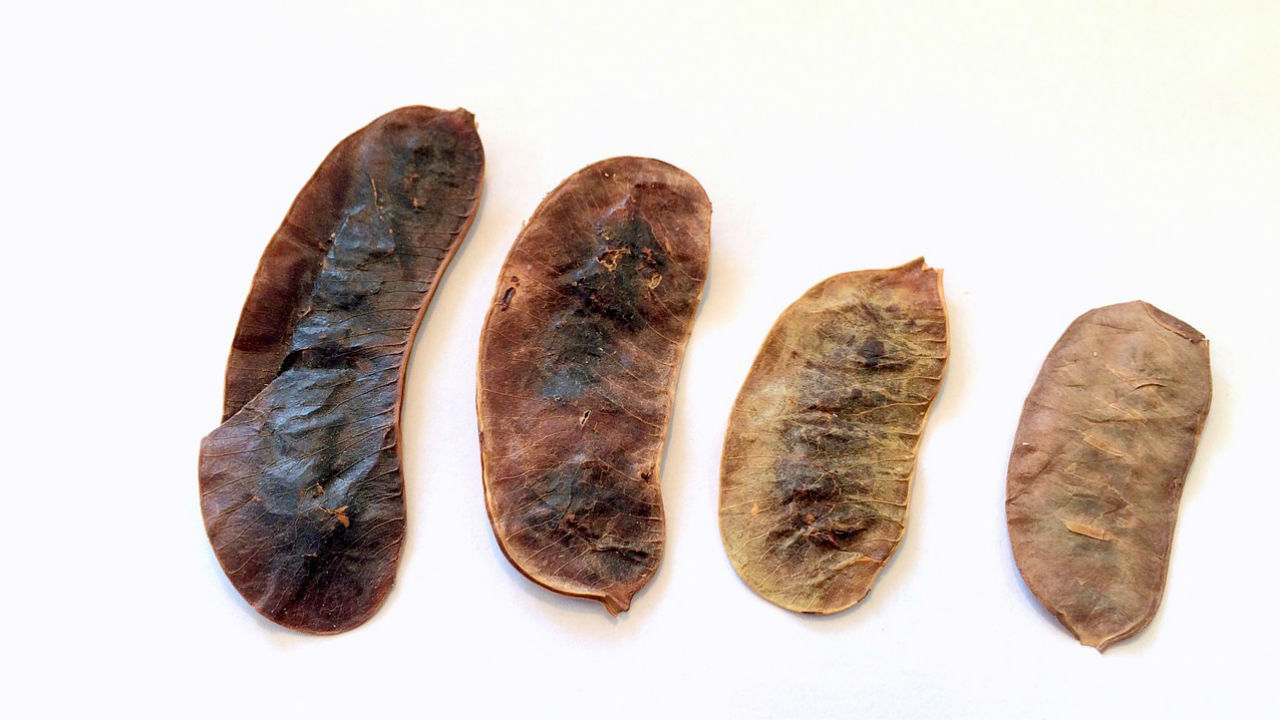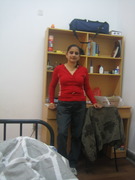Children often hold their bowel movements while they are involved in play. Some children do it on a regular basis. Children are also known to drink less water unless they are almost forced to do so. Most children tend to eat more carbohydrate-rich foods or pure protein foods. All these lead to the biggest problem some children face--that big bad wolf of constipation.
But wait, children are not the only ones who suffer from constipation. Almost everyone goes through this condition at least once in their lifetime.
Constipation is defined as the slow process or movement of food through the digestive system. The colon plays an important role in the digestion process and this is where the food takes its last stance before defecation occurs. Different kinds of constipation include : infrequent bowel movements, difficulty passing stools, hard stools, incomplete emptying of the bowel, irritable bowel syndrome, and fecal impaction, which is hardening of the stools in the rectum, preventing it from being passed through the anal passage. Fecal impaction sometimes may require a surgical intervention in elderly and bedridden patients to remove feces. (Source: medicinenet.com).
Constipation is also known as three or fewer bowel movements a week, hard and dry stools, and as painful bowel movements. The number of bowel movements per week decreases as a person grows older. According to medicinenet.com about 95 percent of adults move their bowels anywhere from three to 21 times per week. Severe constipation occurs when someone has an average of one bowel movement per week. As opposed to popular opinion, a person does not necessarily need to pass stools every day. Reduced bowel movements do not cause an increase in toxins or cancers.
There are two kinds of serious constipation:
Acute: this requires assessment by a physician for other underlying illnesses, and it may cause rectal bleeding, abdominal pain, nausea, vomiting, cramps, and/or unexplained weight loss.
Chronic: this may not need to be addressed by a physician. Usually relief can be sought by life changes including eating more fiber-rich foods, increasing water intake, and getting more exercise. This type is the most common in children and the elderly.
Things that cause constipation include medications such a codeine, oxycodone, medicines containing hydrocodone, antidepressents, anti convulsants, iron supplements, and calcium channel blockers.
Suppressing the need to pass the stools is seen more commonly in children, and it could result in constipation. Laxatives, if used frequently, could result in a dependency that could result in damage to the colon muscles and elasticity of the rectal walls. These laxatives should be taken only as the last resort. Hormonal imbalances during menopause, the menstrual cycle, and pregnancy could also result in constipation in women. Diseases such as Parkinson's, multiple sclerosis, and spinal cord injuries that reduce the physical movement of a person could also result in constipation.
When assessing the patient with severe constipation and related complications doctors usually look for anal fissures that may have developed with continuing irregularity or constipation, a narrowed anal sphincter, and lifestyle habits such as food, exercise, and fluid intake.
Simple lifestyle changes could improve this condition big time such as:
a. adding more fruits and vegetables such as broccoli, spinach, cauliflower, and salads, as well as grains with high fiber to the diet.
b. drinking plenty of water. Children tend to drink less water than adults and drink more juices and milk that may contain not only fat but also sugar that causes dehydration, which in turn causes constipation.
c. do not procrastinate using the bathroom for a bowel movement when called for.
d. do not use laxatives on a regular basis as they could become habitual.
e. get information on medicines that you take to see if they could result in constipation.
f. last but not least exercise, exercise, exercise.
(Source: National Institute of Diabetes, Digestive and Kidney Diseases)
Taking care of our body as well as possible will not only help us maintain our physical health but also takes stress out of our minds so we live happily because,OUR LIFE MATTERS.






Add a CommentComments
There are no comments yet. Be the first one and get the conversation started!